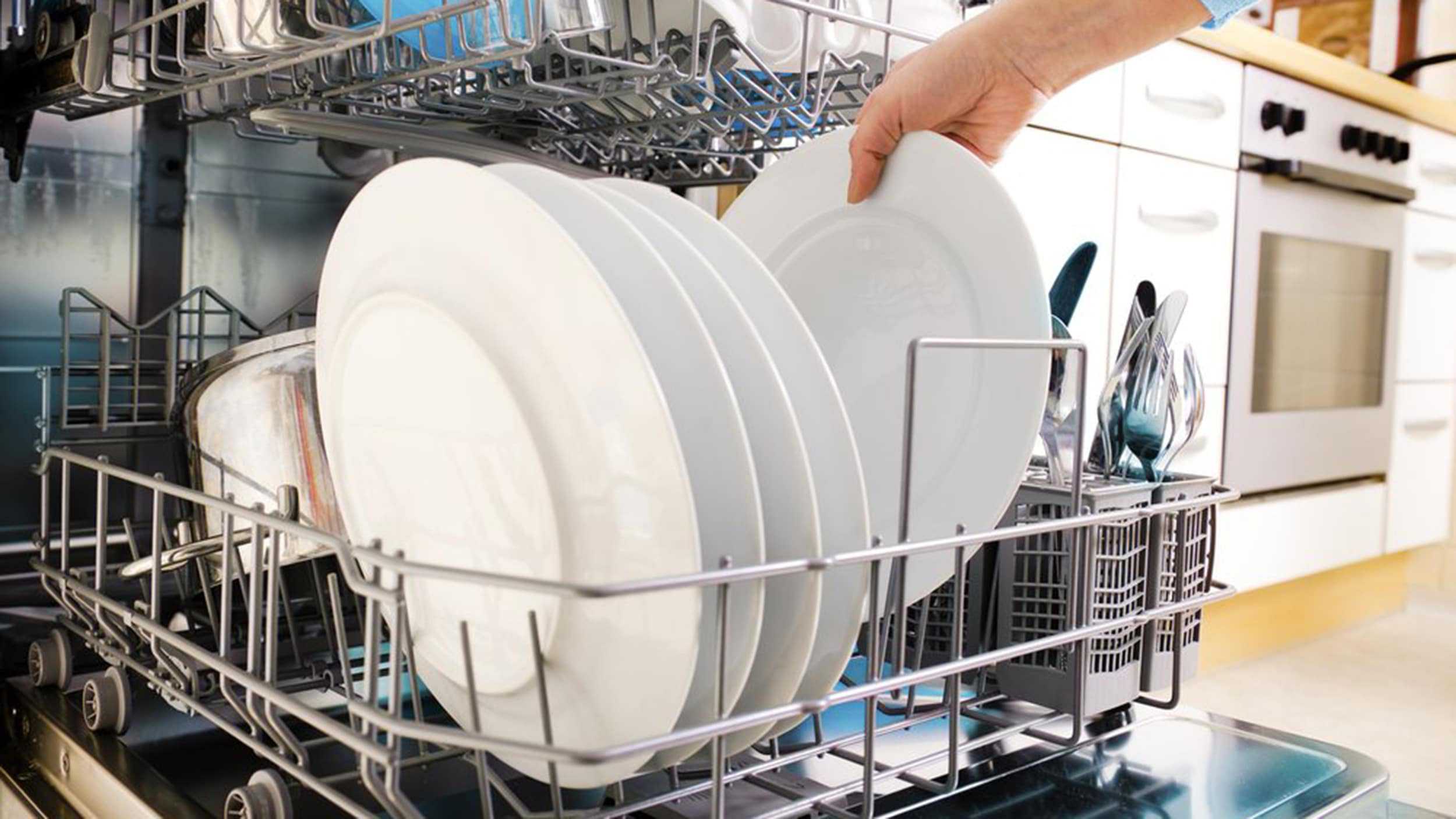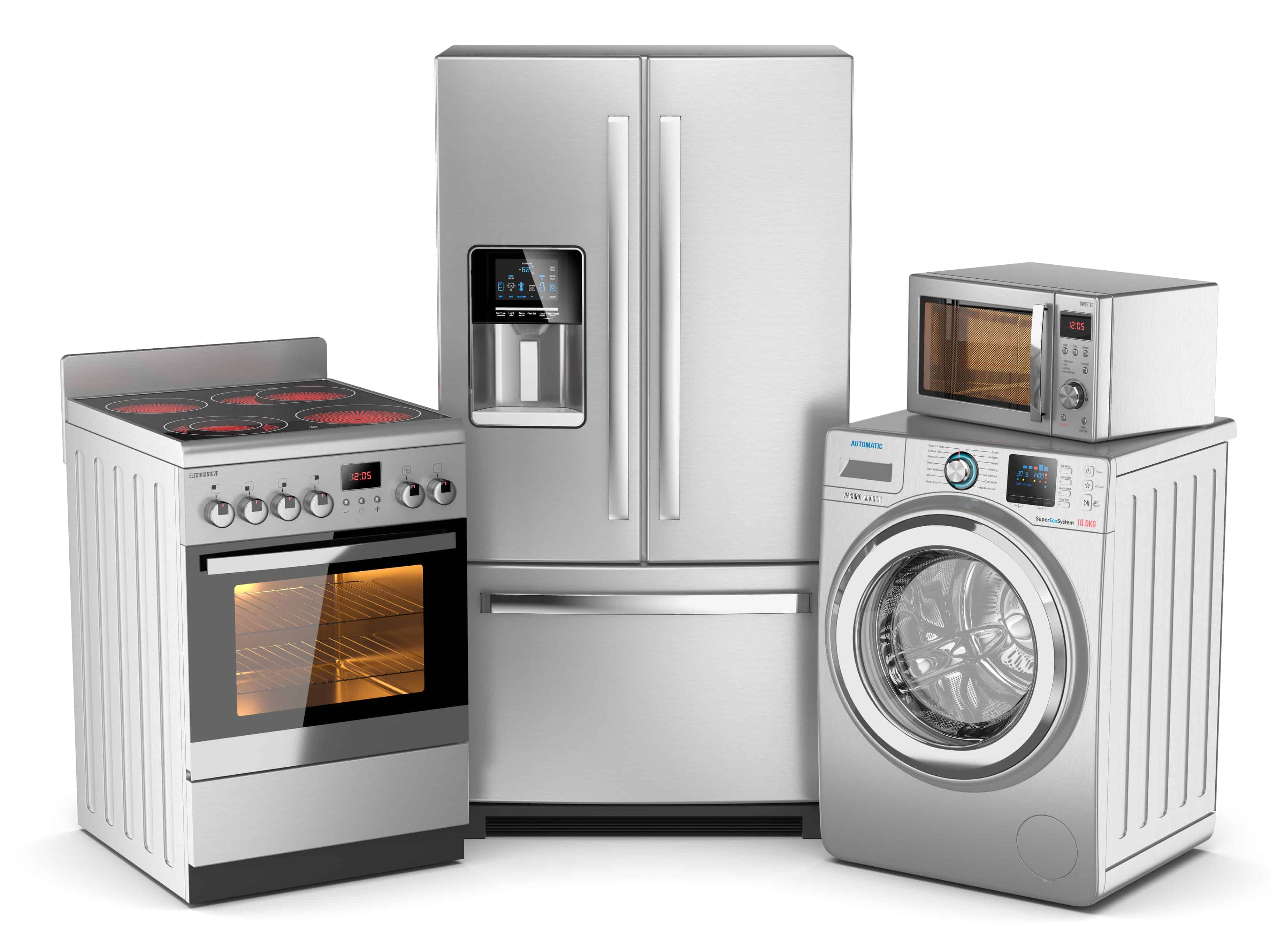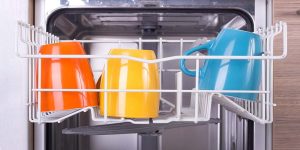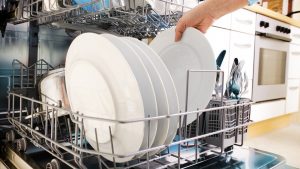Dishwasher Repair in Pennsylvania
Automatic dishwashers are wonderful gadgets that save time in the kitchen, but they may damage certain goods that are costly to fix or replace. They could even affect your dishwasher, causing you to require dishwasher repair in Pennsylvania. Read on to discover the items you should not put in your dishwasher to keep it in optimal working condition.
1. Knives
Both the steel and the handle on your knives can be severely damaged by your dishwasher’s high temperature and dampness. This is especially true if your blade is carbon steel (which is more prone to rust) or if it has a wood handle, which will dull it. The dishwasher’s water jets can also force the knife to collide with whatever else is in the dishwasher with it, damaging the edge. Hollow handled knives are also not sturdy enough to withstand the heat of a dishwasher – they’ll likely melt or distort by the end of the cycle.
2. Cast Iron
You should never put cast iron in the dishwasher. Dishwashing these items progressively removes their coating, causing the pans to become extremely dry and dull. The most effective cleansers are plain water and nonabrasive sponges. If you take care of your cast iron cookware, it can endure for decades.
3. Fine China
Hand washing is always the safest option for cleaning fine china. Hand wash ancient, antique, or very precious china to avoid scratches and damage to exquisite details. Parts of the filigreed detailing may be removed by the dishwasher’s heat.
4. Pressure Cooker Lids
While the top of your Instant Pot is technically dishwasher safe, it’s not the best cleaning option. The lid of a pressure cooker has many small components that can be damaged. For example, there are values that can become clogged with food particles, as well as seals that can be broken by dishwashing chemicals.
5. Aluminum Cookware
If not properly sealed, aluminum cookware will tarnish when placed in the dishwasher. The metal can oxidize when it comes into contact with water and air, resulting in a black film that rubs off on other materials.
7. Copper Mugs and cookware
Copper is a timeless yet fashionable choice for kitchenware, and copper mugs are ideal for serving Moscow Mules all year. Even if you’re tempted to toss them in the dishwasher after a huge holiday gathering, make sure to hand-wash any copper or precious metal items to preserve their luster. This will also help you avoid corrosion or tarnishing.
8. Wooden Utensils and Cutting Boards
The dishwasher’s hot water and heated dry can warp or break wooden cooking utensils and cutting boards, rendering them useless. Furthermore, the heat dries up natural wood cutting boards, resulting in a faded appearance.
Contact Appliance Doctor Today
If you ever need your dishwasher repaired, contact Appliance Doctor to get the best dishwasher repair in Pennsylvania. Our appliance professionals are trained and certified to work on numerous appliances to keep your home or business running. Reach out today for an estimate.





